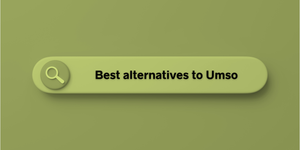Introduction
Social media and blogging platforms are constantly evolving to adapt to the changing needs of their users. One notable example is Tumblr, famous for its unique community and tools.
However, according to recent statistics from Statista, Tumblr has seen a significant drop in traffic: in December 2023, the site recorded 198.3 million visits, down from 230 million six months earlier.
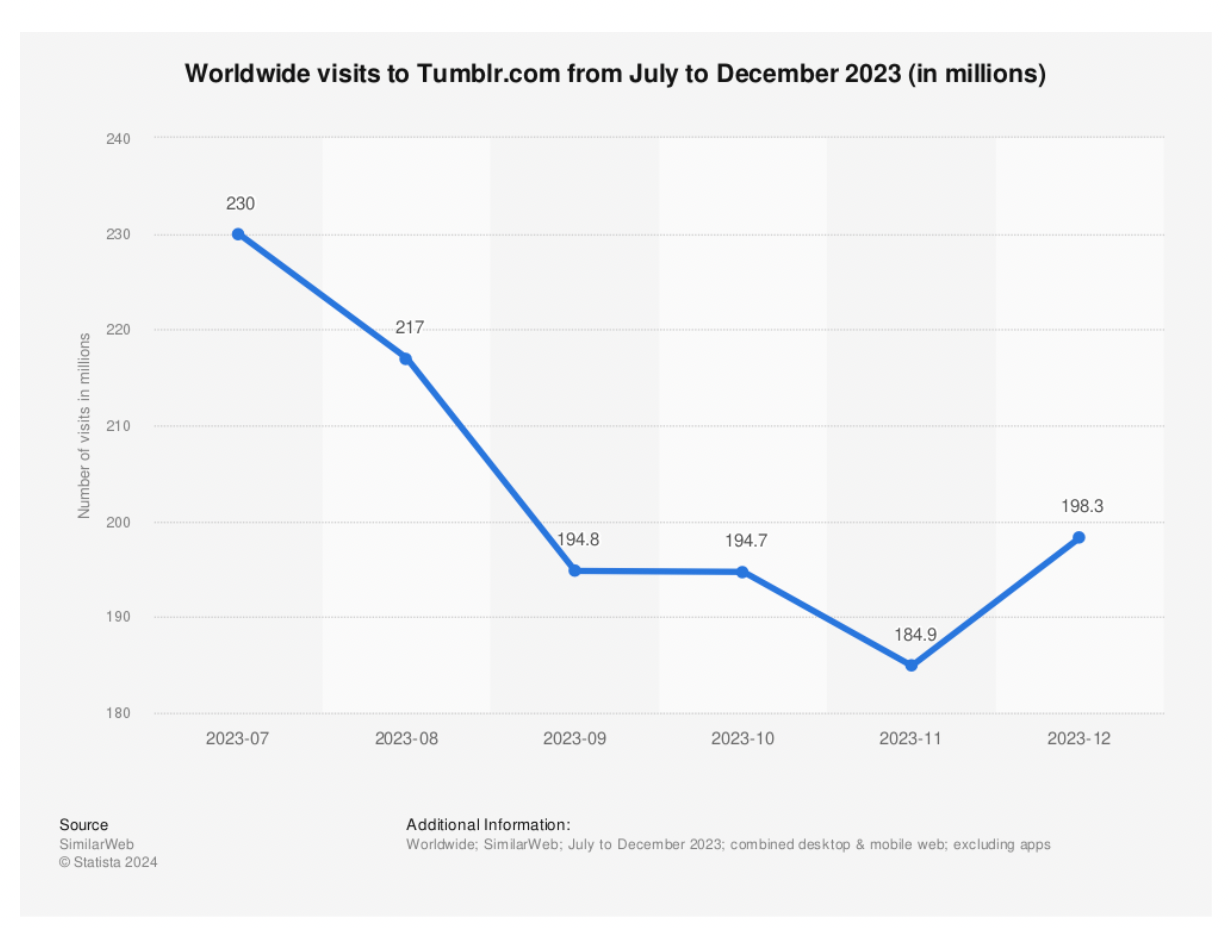
There are several reasons for this drop in traffic. For example, changes to the platform's policies have provoked a variety of reactions and prompted some users to turn to other sites.
In this article, we look at alternatives to Tumblr that meet the varied needs of users, from professional publishing to decentralised communities, particularly for those looking for different options following Tumblr's recent changes.
But first, let's explore in more detail, a few reasons why users might want to replace Tumblr.
Why look for alternatives to Tumblr?
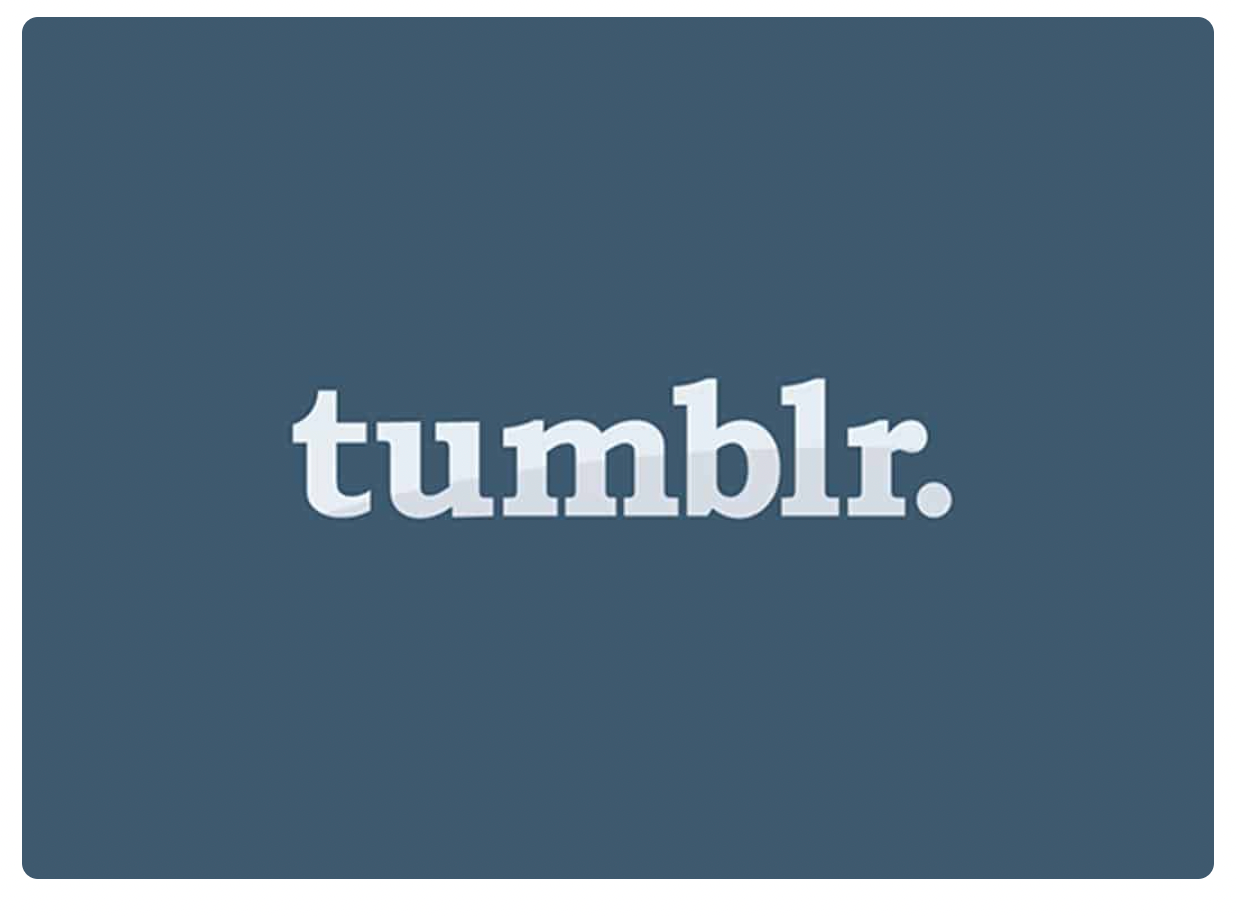
Some of the most notable reasons for this are:
1.The changing digital landscape
The digital landscape is constantly changing. Users are looking for platforms that offer innovative new features, aligned with their current needs. This quest is driven by the desire for greater visibility, ownership over content, or deeper interaction with the audience.
2.The limitations of Tumblr
Tumblr, the pioneer of social blogging, has seen some of its features become less adapted to the needs of modern users. Restrictions on personalisation, strict censorship policies, and privacy concerns have led to frustration among the community.
3.Diverse user needs
Today's users are looking for platforms that meet specific needs: SEO optimisation, direct monetisation, advanced content management features. These diverse expectations are driving the search for more suitable alternatives.
What are the best alternatives to Tumblr?
This section will present our listing of the 10 best alternatives to Tumblr according to blogging and social networking experts.
1.Ghost CMS
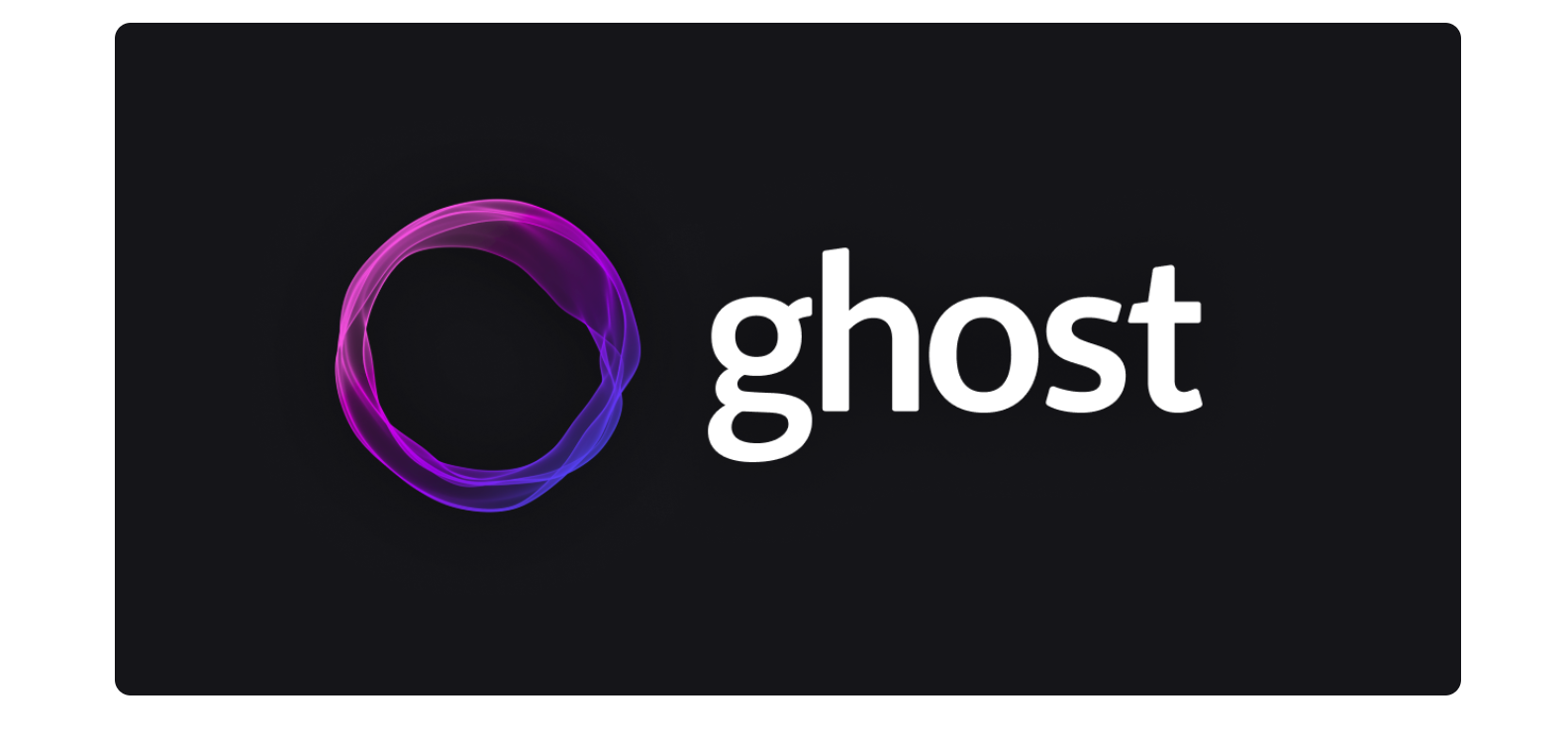
Ghost CMS at a glance
Founded in 2013, Ghost CMS is a modern publishing platform designed for professionals. It stands out for its minimalist approach and powerful features, focused on improving the blogging experience and been open source.
Key features
- Clean user interface: Ghost offers an intuitive user experience with a clean, easy-to-navigate interface.
- Advanced SEO optimisation: Includes advanced SEO tools to increase the visibility of content in search engines.
- Monetisation features: Offers options for subscriptions and memberships, allowing creators to monetise their content directly via the platform.
- Open Source platform: Allows advanced customisation and full control over design and functionality.
- Newletter : Send your posts and articles by e-mail directly to your members.
Target audience
Ghost CMS is ideal for professional bloggers, journalists and businesses looking to create an elegant and functional website.
Its ability to offer total control over content and monetisation options makes it particularly attractive to those looking to stand out in a crowded space.
Pricing
- Free self-hosting: Allows users to manage their own hosting.
- Paid plans: Offer additional features such as advanced themes, technical support, and integrations.
Advantages and disadvantages table
| Advantages | Disadvantages |
|---|---|
| Full control over content and design | Requires technical knowledge for self-hosting |
| No imposed advertising | Can be costly to access advanced features |
| Excellent SEO and monetization capabilities | - |
Things to remember
Ghost CMS is a powerful, professional alternative to Tumblr for those looking for a content- and monetisation-focused platform that offers total control and a streamlined user experience.
2. WordPress
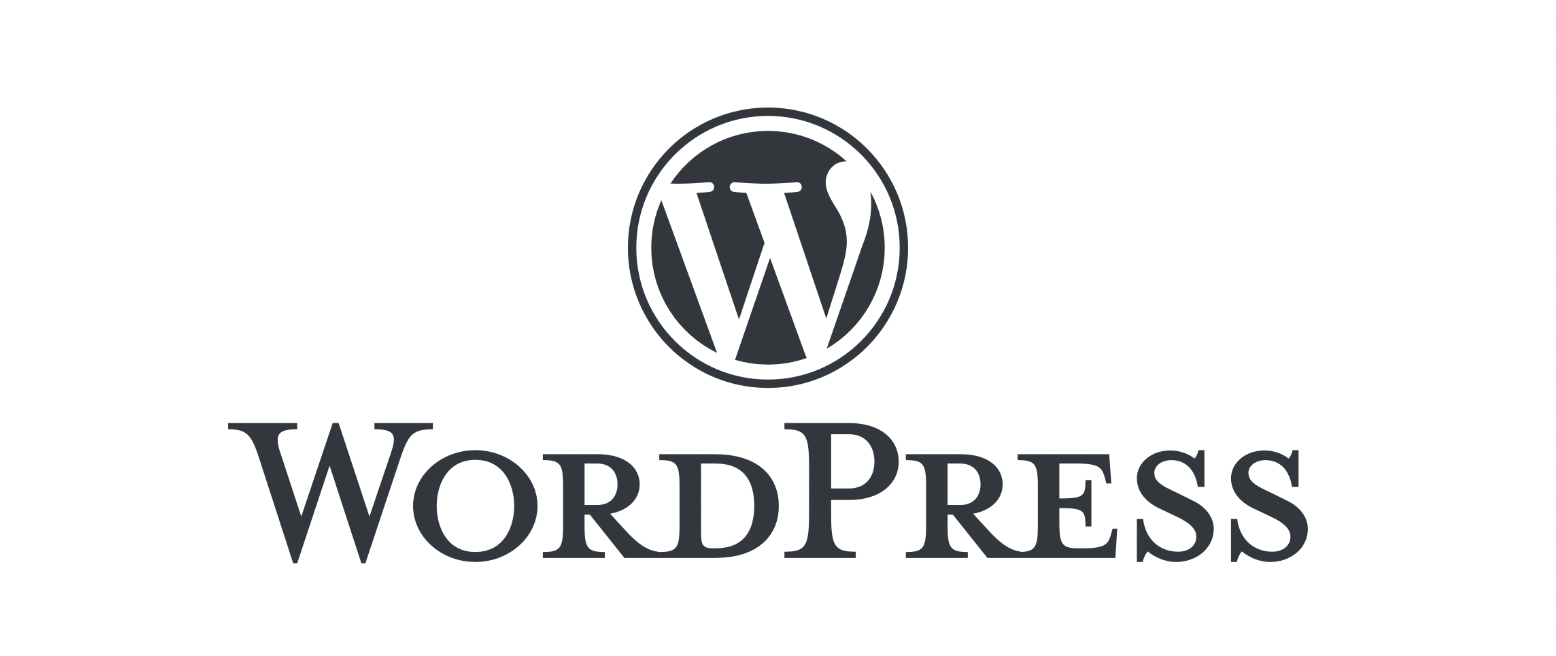
Presentation
WordPress is the world's most popular content management system (CMS), used by millions of websites. Launched in 2003, it is renowned for its exceptional flexibility and its active community of users and developers.
Key features
- Extensive customisation: with thousands of themes and plugins, users can fully customise their site.
- Robust SEO tools: WordPress makes it easy to optimise sites for search engines.
- Large support community: A vast global community offers help and advice.
- Flexibility of use: Suitable for both personal blogs and business websites.
- Scalability: Perfect for sites that need to grow and adapt over time.
Target audience
WordPress is ideal for a wide range of users, from individual bloggers to large companies. It offers a platform that is flexible enough to adapt to all kinds of needs, whether for personal or professional use.
Pricing
- Free: The basic version is free.
- Paid extensions: Hosting options, premium themes and plugins to extend functionality.
Advantages and disadvantages table
| Advantages | Disadvantages |
|---|---|
| Highly customizable | Learning curve for beginners |
| Extensive community support | Costs may increase with extensions and premium hosting |
| Scalability and flexibility | - |
Things to remember
WordPress is a versatile and scalable option, ideal for those looking for extensive customisation and growth potential. Its flexibility makes it an attractive solution for a wide variety of web projects.
3. Blogger
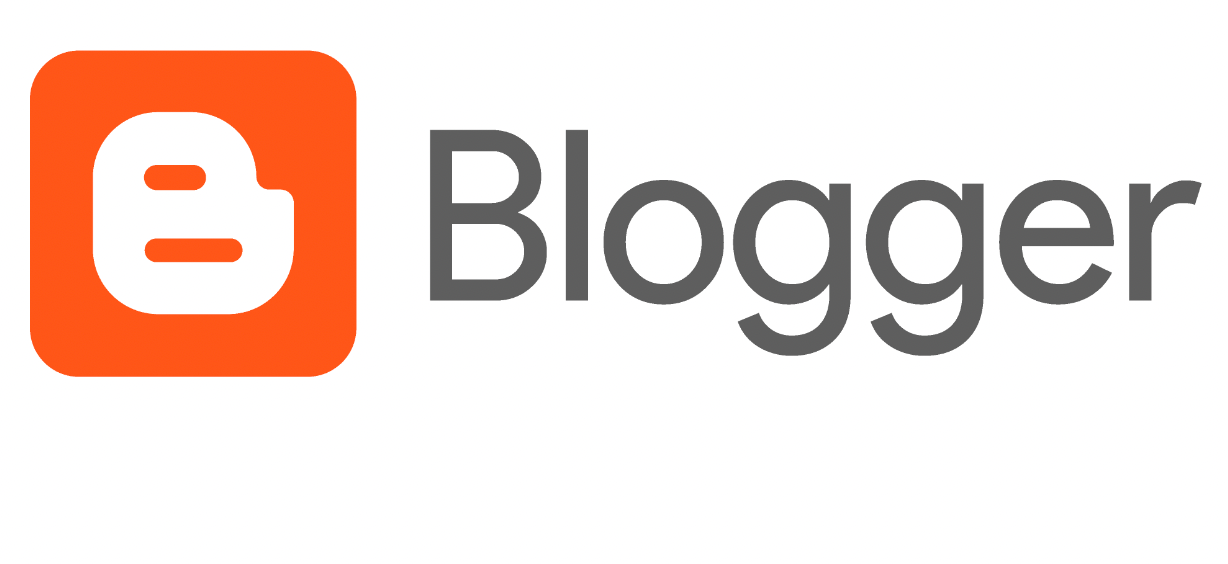
Presentation
Blogger, launched in 1999 and acquired by Google in 2003, is one of the oldest blogging platforms. It is renowned for its simplicity and seamless integration with other Google services.
Key features
- Ease of use: Intuitive user interface and simple set-up process.
- Free hosting by Google: Security and reliability provided by Google's infrastructure.
- Integration with Google Adsense: makes it easy to monetise blogs through advertising.
- Basic customisation: Offers basic templates and customisation options.
Target audience
Blogger is particularly suited to amateur bloggers, beginners in the world of blogging and those looking for a simple, straightforward solution for sharing their content online.

Pricing
Blogger is completely free, which makes it an attractive option for those starting out in blogging without a large budget.
Advantages and disadvantages table
| Advantages | Disadvantages |
|---|---|
| Completely free | Limited customization options |
| Ease of use and quick setup | Less advanced features compared to other CMS |
| Easy integration with Google Adsense for monetization | The interface may seem dated |
Things to remember
Blogger is an ideal platform for beginners or amateur bloggers looking for a no-fuss solution. Its free status and integration with Google make it a reliable option for getting a blog up and running quickly with little investment.
4. Medium
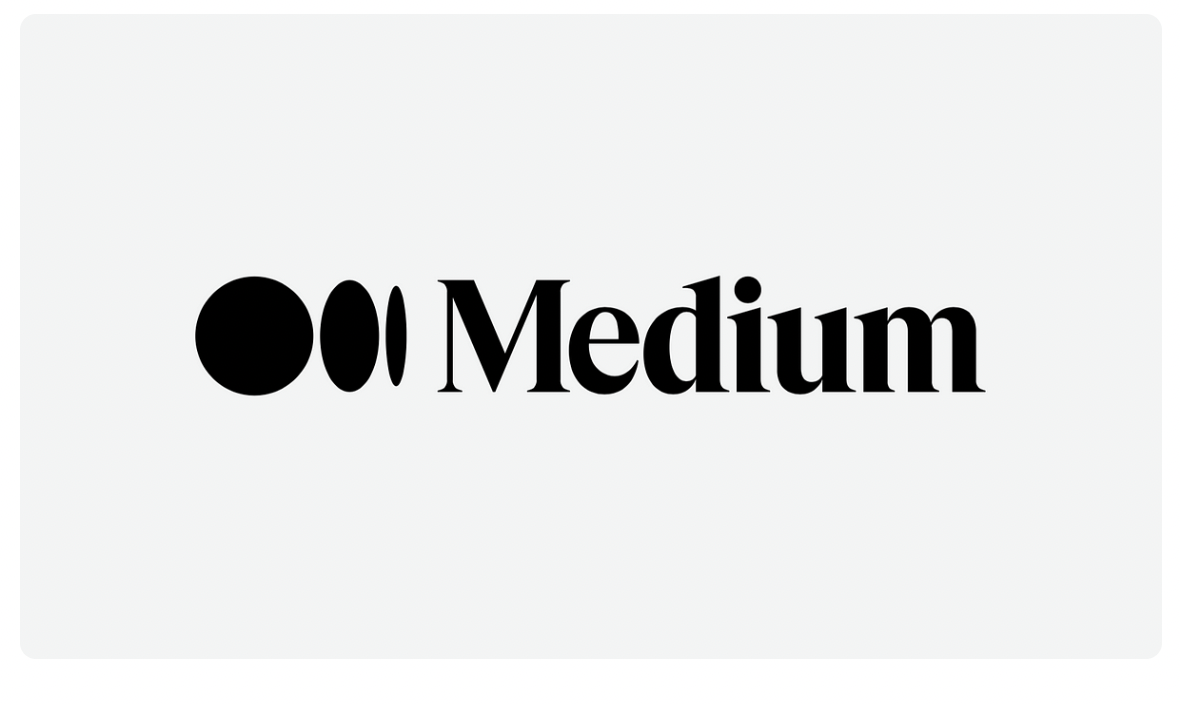
Presentation
Launched in 2012, Medium has become the platform of choice for those seeking quality content and an engaged audience. Designed to showcase thoughtful writing and thought leadership, Medium attracts a diverse community of writers and readers.
Key features
- Clean, minimalist interface: Focus on quality content without distractions.
- Built-in audience: Access to a broad audience interested in a variety of topics.
- Medium Partner Programme: Enables writers to earn money based on reader engagement.
Target audience
Medium is ideal for writers, journalists, thinkers and readers looking for deep, thoughtful content. It's also popular with those who want to establish their expertise in a specific field or share innovative ideas.
Pricing
- Free access: Allows you to read and publish articles for free.
- Paid subscription: Provides unlimited access to all content and supports creators via the Partner Programme.
Advantages and disadvantages table
| Advantages | Disadvantages |
|---|---|
| Large and engaged audience | Limited customization and design control |
| Platform that values content quality | Dependence on the platform for audience and monetization |
| Monetization potential through the Partner Program | - |
Things to remember
Medium stands out as a platform for writers who focus on the quality and depth of their content. With its built-in audience and commitment to quality writing, Medium is a great alternative for those looking to establish their voice in a respected online space.
5. Mastodon
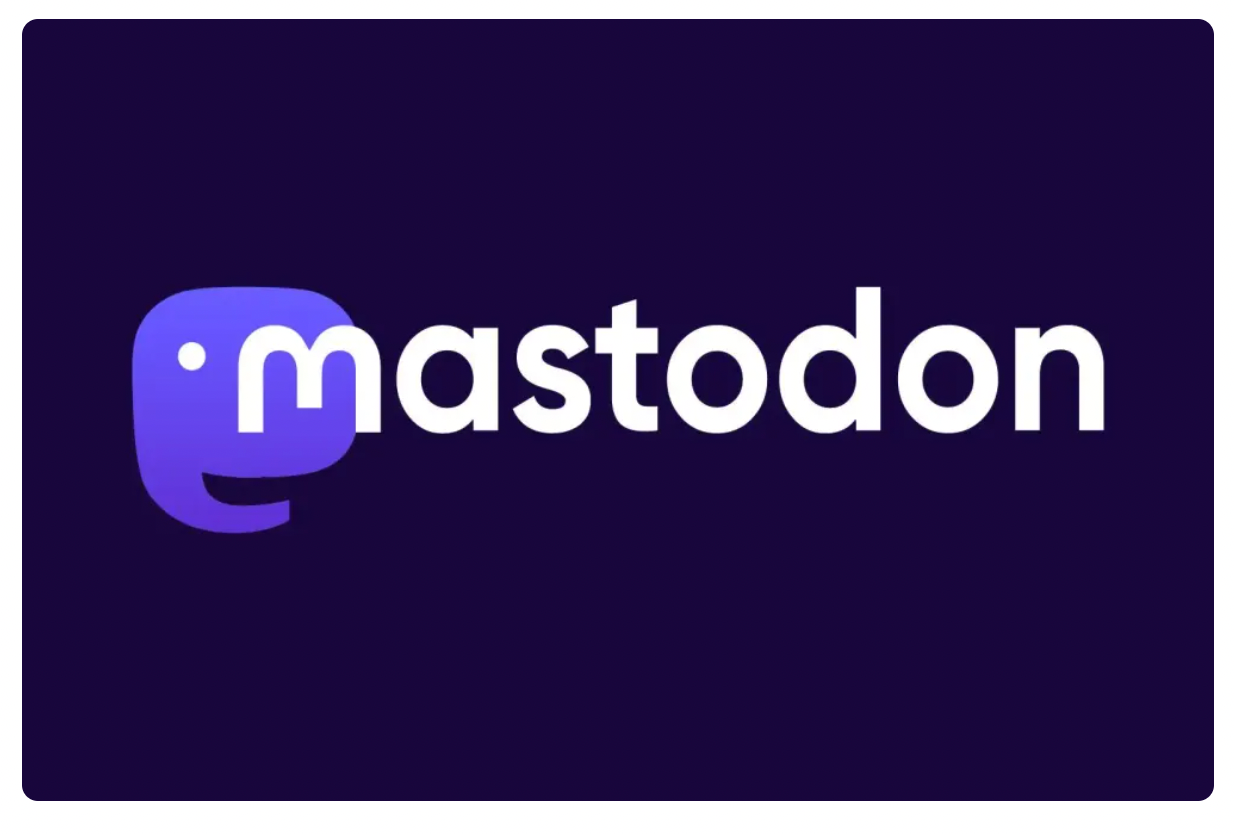
Presentation
Mastodon, launched in 2016, is a decentralised, open-source alternative to traditional social media platforms. The platform stands out for its commitment to privacy, decentralisation and user control.
Key features
- Decentralisation: Mastodon is made up of different "servers" or "instances", each managed independently.
- Community governance: Users have a voice in how their community is managed.
- Focus on confidentiality: Strong commitment to data protection and personal information.
- Freedom of expression: Fewer restrictions than traditional social media platforms.
Target audience
Mastodon attracts users who value privacy, decentralisation and a less commercialised online experience. It's a solid option for those looking to distance themselves from the social media giants.
Pricing
Access to Mastodon is completely free. Donations are encouraged to support the servers and community.
Advantages and disadvantages table
| Advantages | Disadvantages |
|---|---|
| High privacy and focus on security | Smaller user base compared to traditional platforms |
| Absence of intrusive advertisements | May require some time to adapt to decentralized structure |
| Sense of community and control over online experience | - |
Things to remember
6. Wix
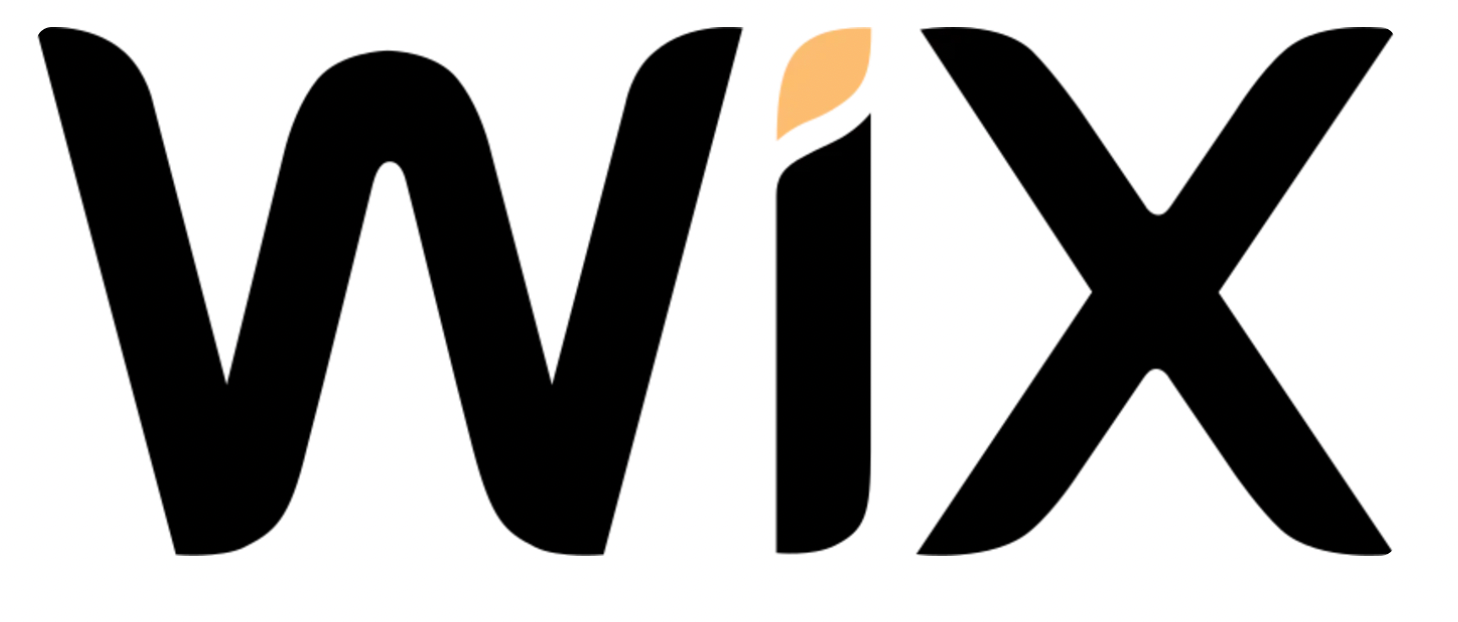
Presentation
Wix, founded in 2006, has become a popular choice for those looking to create custom websites without coding knowledge. Known for its intuitive drag-and-drop editor, Wix makes it easy to build aesthetically appealing websites.
Key features
- Drag-and-drop editor: Makes it easy to create sites without technical skills.
- Wide range of templates: Offers a multitude of designs to suit all tastes and needs.
- E-commerce functionality: Makes it easy to create online shops.
- Advanced customisation options: Provides tools for customising every aspect of the site.
Target audience
Wix is ideal for bloggers, small business owners, and creatives who want to create an attractive website without the complex technical learning required for other platforms.
Pricing
- Free basic plan: Allows you to build and publish a website with certain limitations.
- Premium plans: Offer advanced features, more storage and custom domain options.
Advantages and disadvantages table
| Advantages | Disadvantages |
|---|---|
| Beginner-friendly | Higher costs for advanced features |
| Strong customization capabilities | Less control and flexibility compared to full CMS like WordPress |
| Excellent for visually oriented websites | - |
Things to remember
Wix is an ideal solution for those looking to quickly create an attractive website without in-depth technical skills. With its intuitive editor and customisation options, it offers an easy and enjoyable website creation experience.
7. Squarespace
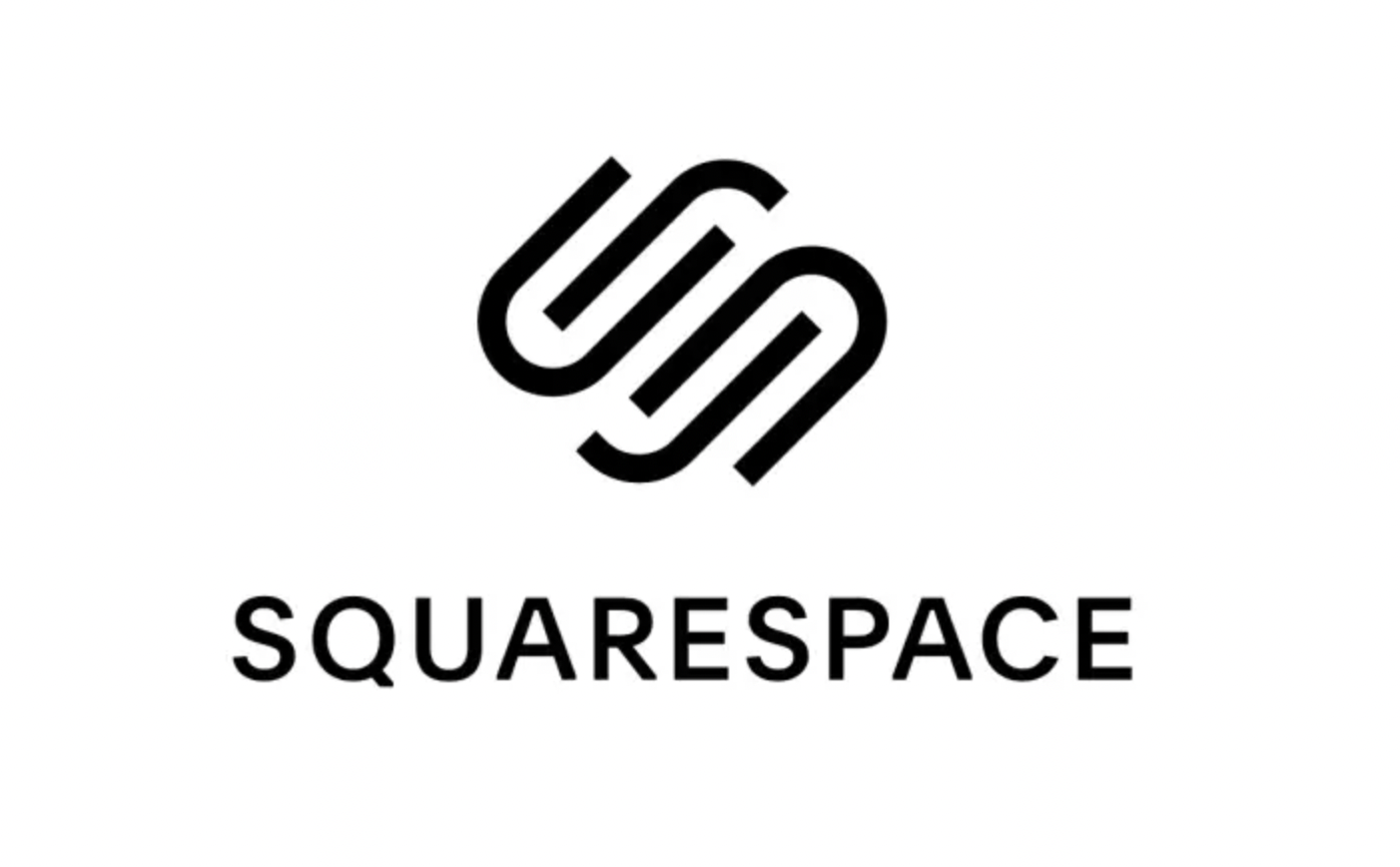
Presentation
Launched in 2003, Squarespace has established itself as a leading platform for website creation with a strong focus on design and ease of use. It is an all-in-one solution for designing, hosting and managing websites.
Key features
- Premium designs: Offers a range of stylish and professional templates.
- Integrated marketing tools: Includes features for SEO, social media and email campaigns.
- E-commerce solutions: Offers advanced tools for online sales.
- Intuitive editor: Allows easy without the need for coding skills.
Target audience
Squarespace is ideal for creatives, small business owners, and those who value high-quality design and an intuitive user experience for their online presence.

Pricing
Diverse price plans: Options ranging from basic plans to premium packages, tailored to different needs and budgets.
Advantages and disadvantages table
| Advantages | Disadvantages |
|---|---|
| High-quality templates and clean design | Higher costs compared to other platforms |
| Easy-to-use all-in-one platform | Less flexibility and customization than CMS like WordPress |
| Good e-commerce capabilities | - |
Things to remember
Squarespace stands out as an excellent option for those looking for an elegant and comprehensive website creation solution. With its attractive designs and user-friendly interface, Squarespace is ideal for those who want a sophisticated and professional online presence.
8. Weebly
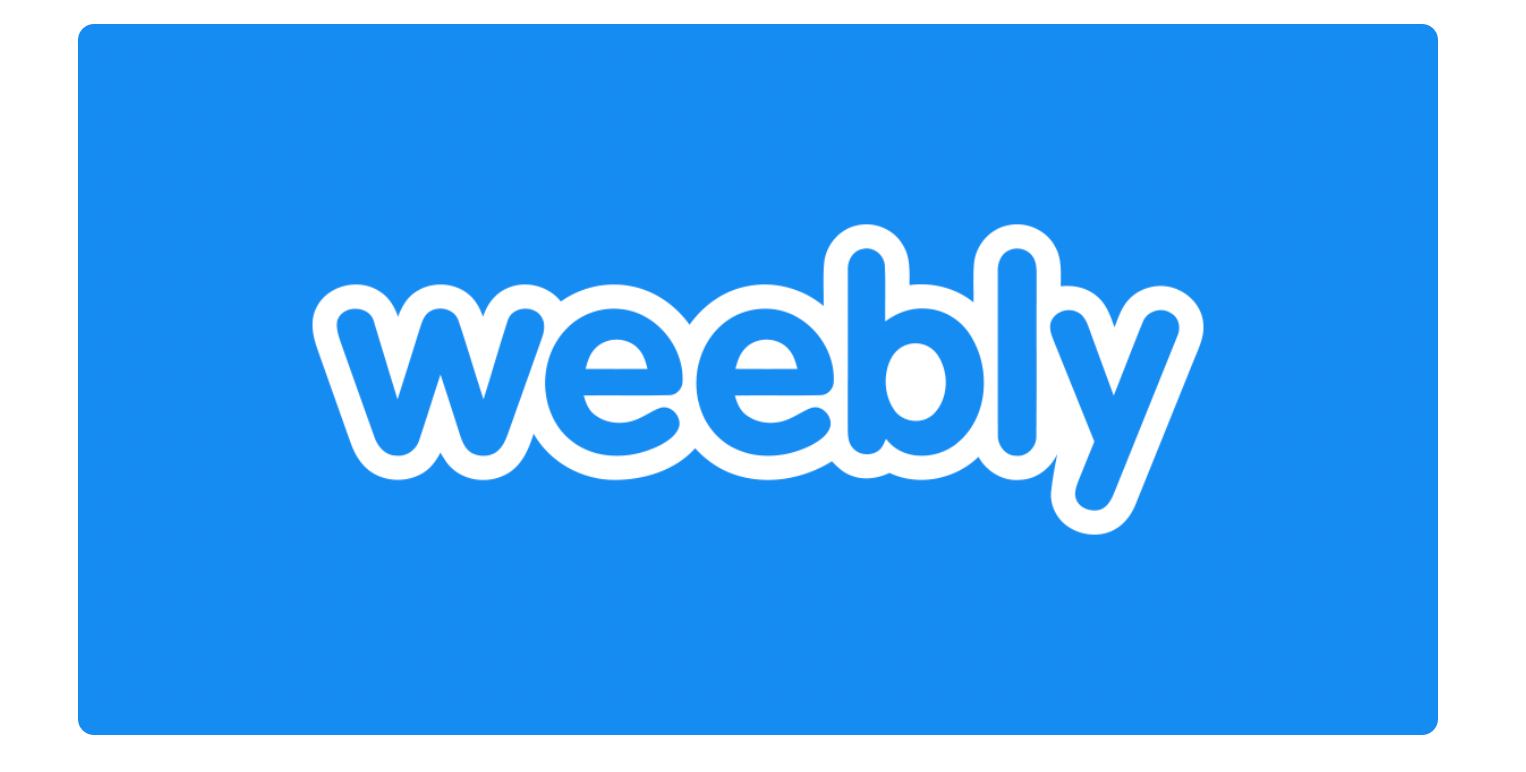
Presentation
Weebly, launched in 2006, has established itself as a user-friendly website builder, particularly suited to e-commerce. It combines ease of use with a range of features to create effective websites and online shops.
Key features
- Drag-and-drop builder: Simplifies website creation, making the process accessible even to beginners.
- Robust e-commerce functionality: Integrated tools for managing an online shop, from inventory to payments.
- Wide range of templates: Diverse choice of designs to suit different styles and needs.
- Integrations and extensions : Allows you to extend the site's functionality through a range of integrations.
Target audience
Weebly is ideal for small business owners, online retailers, and beginners in website design, thanks to its simplicity and e-commerce tools.
Pricing
- Free Basic Plan: Offers basic functionality with some limitations.
- Paid plans: Several levels available, suitable for different sizes and types of business.
Advantages and disadvantages table
| Advantages | Disadvantages |
|---|---|
| Ease of use and quick setup | Limited customization compared to more advanced platforms |
| Powerful built-in e-commerce tools | Relatively basic blogging capabilities |
| Good choice for e-commerce sites and small businesses | - |
Things to remember
Weebly is an effective platform for those wishing to create an e-commerce site or online presence for a small business, with a minimal learning curve. Its intuitive interface and powerful e-commerce features make it an attractive choice for beginners and professionals alike.
9. Typepad

Presentation
Launched in 2003, Typepad is a proven and reliable blogging platform, chosen for its simplicity and responsive customer service. It offers basic blogging tools with built-in customisation and hosting options.
Key features
- Ease of use: User-friendly interface, ideal for beginners.
Customisation: Allows moderate customisation with a variety of themes. - Integrated hosting: Includes hosting, eliminating the need for external services.
- Customer service: Customer support is renowned for its responsiveness and efficiency.
Target audience
Typepad is well suited to individual bloggers, small businesses, and those who prefer a simple, hosted blogging platform without the technical complexities of more advanced CMS.
Pricing
Monthly subscription: Several pricing levels, offering different features and levels of support.
Advantages and disadvantages table
| Advantages | Disadvantages |
|---|---|
| Solid and reliable customer service | Less flexibility compared to platforms like WordPress |
| Ease of use and intuitive interface | Designs sometimes considered dated |
| Adequate customization for basic blogs | Limited in terms of advanced features |
Things to remember
Typepad is a solid option for bloggers looking for a simple, reliable solution with quality customer support. While it doesn't offer the flexibility of newer platforms, it remains a popular choice for those who prefer simplicity and ease of use.
10. Steemit
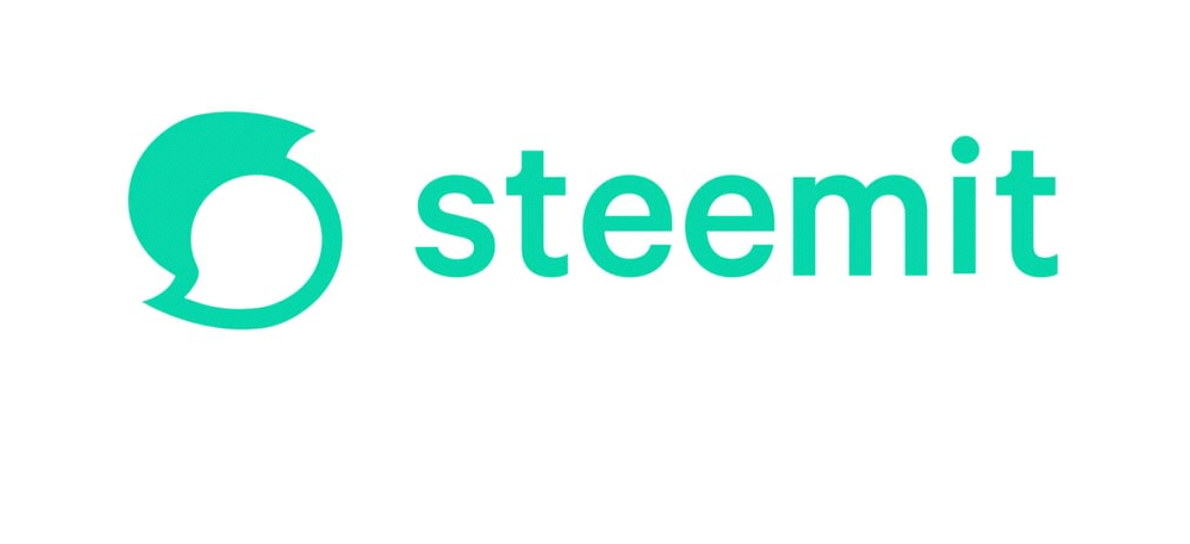
Presentation
Launched in 2016, Steemit is a unique blogging and social media platform based on blockchain technology. It stands out for its cryptocurrency rewards system, offering users a new way to monetise their content.
Key features
- Cryptocurrency rewards: Users earn "Steem" for publishing and curating content.
- Decentralised nature: Based on blockchain, offering a less centralised and more secure experience.
- Community of Content Creators: Encourages the creation and sharing of a variety of content.
- Freedom of Expression: Less censorship than traditional social media platforms.
Target audience
Steemit mainly attracts content creators interested in cryptocurrency, decentralisation and an innovative approach to online publishing.
Pricing
Access to Steemit is free, with the opportunity to earn cryptocurrency based on content engagement.
Advantages and disadvantages table
| Advantages | Disadvantages |
|---|---|
| Potential for cryptocurrency earnings | Cryptocurrency value can be volatile |
| Innovative platform for content publishing | Learning curve to understand the platform workings |
| Fewer editorial restrictions | - |
Things to remember
How do I choose the right alternative to Tumblr?
Choosing an alternative to Tumblr depends on a number of essential criteria. Making the right decision requires careful consideration of your specific needs and objectives.
Key factors to consider
Ease of use: Beginners: Look for an intuitive platform with a simple configuration process.
Experienced users: You can opt for platforms offering greater flexibility and advanced options.
Customisation options: If your priority is the aesthetics of the site, choose platforms that offer a wide range of themes and customisation tools.
For a more functional blog or site, consider platforms with moderate but effective customisation options.
Community and networking: For active engagement, favour platforms with strong online communities.
If social media is secondary, focus on blogging and publishing features.
SEO and monetisation: Look at integrated SEO tools and monetisation options to maximise your site's reach and potential revenue.
Support and resources: Check the availability and quality of customer support.
Look for tutorials, community forums and guides to make your journey easier.
Choose according to your specific objectives
- For professional bloggers: Opt for platforms with solid SEO capabilities, built-in analytics and advanced monetisation options.
- Creators and artists: Choose platforms that focus on design and offer maximum creative freedom.
- Community engagement: Platforms with networking features and active communities are ideal for strong social engagement.
Evaluate and test different platforms
- Try before you buy: Take advantage of free trial periods to test usability and functionality.
- Research and reviews: Read user reviews and comparative analyses to get objective feedback.

Conclusion
Throughout this article, we've explored a diverse range of alternatives to Tumblr, each offering unique features and benefits.
Whether you're a professional blogger, a designer looking to express your creativity, or someone looking for a platform with a strong community, there's an alternative to suit your needs:
- Ghost CMS for users looking for flexibility, customisation, efficiency and optimised SEO.
- Blogger and Typepad for beginners or those who prefer simplicity of use.
- Medium and Steemit offer unique approaches for content creators looking for quality and innovation.
- Mastodon, Wix and Squarespace stand out for their focus on confidentiality, ease of use and design respectively.
It's crucial to choose a platform that not only meets your current needs but can also adapt and evolve with your future goals. Take the time to evaluate each option, try out their features and understand their communities.
That's it, this article is coming to an end. But before we let you go, we'd like to invite you to share your experiences with these platforms or ask questions in the comments below.
Your feedback is valuable, enriches our conversation and helps other users make informed choices.


![Best alternatives to Tumblr [2024]](/content/images/size/w300/2024/07/Best-alternatives-to-Tumblr.png)
![The 10 Best Alternatives to Systeme.io [2025]](/content/images/size/w300/2024/05/Best-Alternatives-to-Systeme.io.png)
